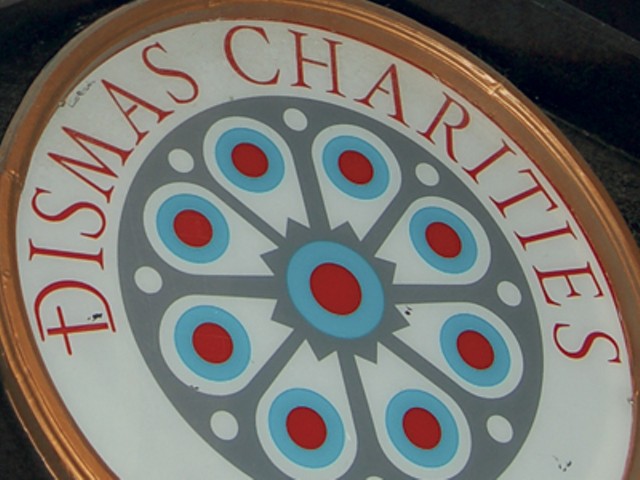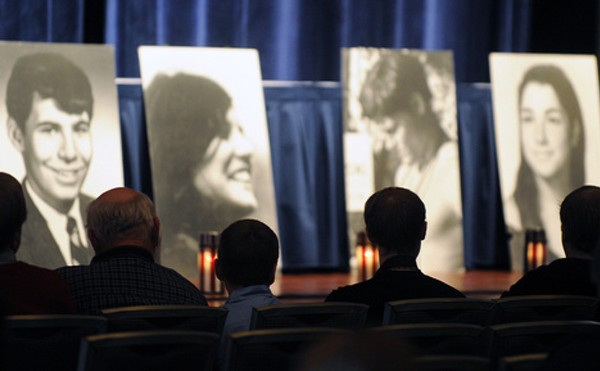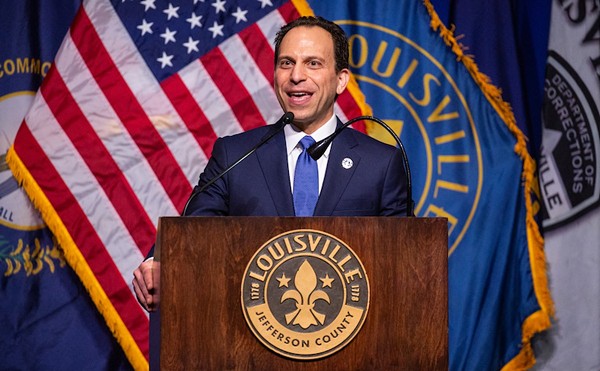On the Fourth of July, late in the evening, we sat on a bench overlooking a field of native grasses out in the county. Fireworks celebrating American independence from the tyranny of British rule peppered the sky over the city. I shot a flare gun and the glaring rocket rose and merged with the others in the distance, arced and then disappeared.
We sang the national anthem and a few bars of “America the Beautiful.” Four-part harmonies flowered variously and automatically like the explosions downtown. Our sing-song was neither a demonstration of doctrinal nationalism nor an ironic one. The moment asked for a brief unity of purpose and symbol. The songs seemed appropriate to that need, and the words and music just sort of spilled out.
It was spontaneous, pretty and mystifying in equal measure. It was also a little unsettling. It had been a very hot, enjoyable afternoon in America from where I sat.
We had a swim, some picnic fixins, beers and iced tea. We shot a Winchester rifle at some cans, listened to some British and American pop records and talked; pretty standard fare for the holiday. Absent from the celebrations, though, was a consideration of the correlations implied by the holiday between the leisure it promises and the economic and military might of American foreign and domestic policy and the continued power of the same. It’s a lot to consider on your day off.
Earlier — as I lay on a Chinese-made inflatable raft drinking a Mexican beer — I read a couple of magazine articles: one on American drone attacks in Pakistan and another detailing the experiences of an Iraqi war vet 10 years my junior. To say that I felt guilt or shame at my position at that very moment — one of physical and cultural leisure — would be inaccurate.
What I felt was a concentrated shot of cognitive dissonance. “What the fuck am I doing here? Why am I safe and content? What are my responsibilities? How can I justifiably rail against the obvious moral inequities of American ideology while thoroughly enjoying the benefits of same? What are the correlations between truth and justice and the American way?” No answers were or are currently forthcoming. That’s just what I was thinking about in the pool with shades on listening to the Stones and reading a magazine.
What is clear, what is always readily apparent in any moment of any day, is that I’m living a nice, convenient life in a land of plenty, that things could be very different for me, and that I have a lot to be thankful for.
Thankfulness is a tricky little emotion. Considering oneself as the direct beneficiary of geopolitical and historical circumstances oppressive to other humans and, to be blunt, appreciating on a very basic level not being one of them is a dicey series of ideas. It’s hard to salute and say “thanks” for that without some caveats.
As we watched the fireworks and sang the part about the rocket’s red glare, the bombs bursting in air, the din of battle that Independence Day fireworks symbolically represent was reported back to us only as a series of tiny pops. Watching from that safe, anonymous distance, I wondered how a deserter in a tree line at Concord, Normandy, Khe Sanh or Fallujah might have felt.
In spite of myself, I was reminded that afternoon of Jack Nicholson’s fabled courtroom monologue from “A Few Good Men.” As a Hollywood blockbuster, the movie warrants all the derision and scrutiny attendant to its post. It’s a good monologue, nonetheless, whose success lies in a series of ideological contradictions that the audience is asked to consider all at once. It offers a point of reflection for conflicts of interest that are as American as Thomas Jefferson penning the Declaration of Independence one day and fathering children with Sally Hemings the next.
We also sang a few bars from Woody Guthrie’s hit “This Land is Your Land” that night.
It’s a good song, a great song actually, that doesn’t falter on the contradictions of loving country and countrymen and also being fed up with the mismanagement of the ideals upon which that country was founded. As a direct critical response to Irving Berlin’s “God Bless America,” Guthrie’s song — especially the last two verses — highlights the contradictions and hypocrisy of American Nationalism and, in so doing, showed Guthrie to be a patriot of the highest order.





